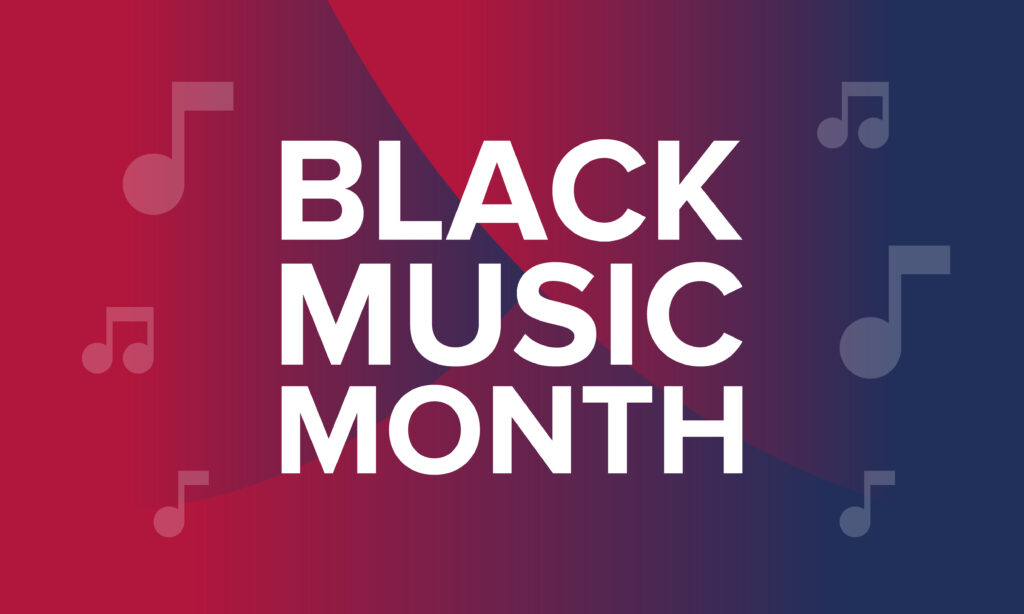In 1979, President Jimmy Carter declared that June would be Black Music Month. The goal was that this would be a month set aside to recognize the incredible influence that Black music has had on the US and the world. While President Carter created Black Music Month, the first official presidential proclamation recognizing June as Black Music Month was not signed until 2000 by President Bill Clinton. This signing came after Dyana Williams, a renowned journalist and community activist, successfully lobbied for Black Music Month to be recognized by the US government.
Since 2000, each president has kept up with tradition, annually signing a presidential proclamation recognizing June as Black Music Month. In 2009, President Barack Obama renamed it as African-American Music Appreciation Month; then President Biden proclaimed it Black Music Appreciation Month in 2021. Read more about this year’s presidential proclamation.
NCTE recognizes the importance of music as an integral part of literacy education. NCTE’s Summary Statement on Multimodal Literacies begins with the declaration that “Integration of multiple modes of communication and expression can enhance or transform the meaning of the work beyond illustration or decoration” and calls for the inclusion of “art, music, movement, and drama, which should not be considered curricular luxuries.” Learn more about the history of Black music as well as the connection between literacy and music with the following resources from NCTE and the Library of Congress.
This blog post from the Library of Congress shares a curated collection of resources so online visitors can explore and appreciate African American contributions to the performing arts year round.
The Library of Congress offers a multitude of research guides, topic-specific online guides to their unique holdings and collection strengths. Visit this set of Music Research Guides that highlight Black history. These guides highlight individuals, composers, and more broad musical topics.
The Library on Congress’s Story Map platform is a space in which archival collections are used to structure narratives about continuity and change, historical events, social movements, and local happenings as reflected in the realms of art, science, technology, literature, and many other aspects of society and culture. This Story Map, “Roots and Routes: Mapping African American Performances and Cultural Expressions” highlights “but a few of the vast range of cultural expressions that generations of African Americans have threaded into the fabric of national history over centuries of struggle.”
The National Museum of African American History and Culture shares numerous ways for “Celebrating Black Music Month.”
See these previous NCTE blog posts on “Music, Literacy, and History” and “Music in Our Schools Month.”
How do you celebrate Black music?
Curious about the NCTE and Library of Congress connection? Through a grant announced by NCTE Executive Director Emily Kirkpatrick, NCTE is engaged in ongoing work with the Library of Congress, and “will connect the ELA community with the Library of Congress to expand the use of primary sources in teaching.” Stay tuned for more throughout the year!
It is the policy of NCTE in all publications, including the Literacy & NCTE blog, to provide a forum for the open discussion of ideas concerning the content and the teaching of English and the language arts. Publicity accorded to any particular point of view does not imply endorsement by the Executive Committee, the Board of Directors, the staff, or the membership at large, except in announcements of policy, where such endorsement is clearly specified.

